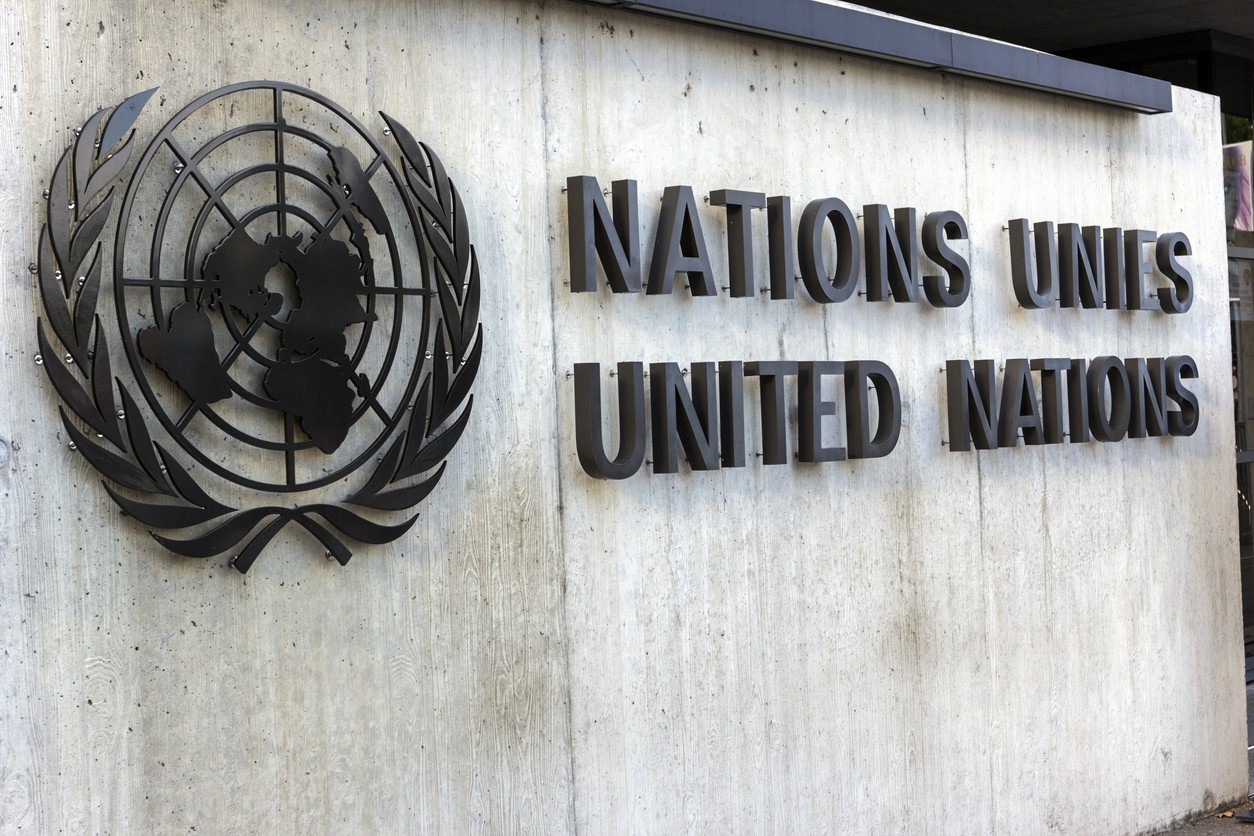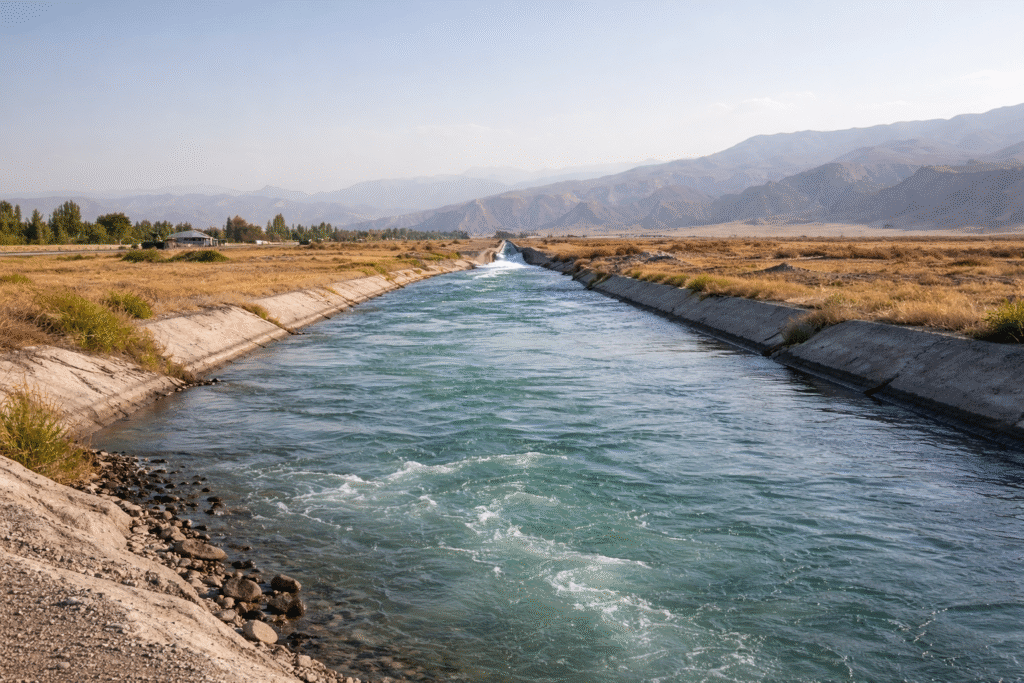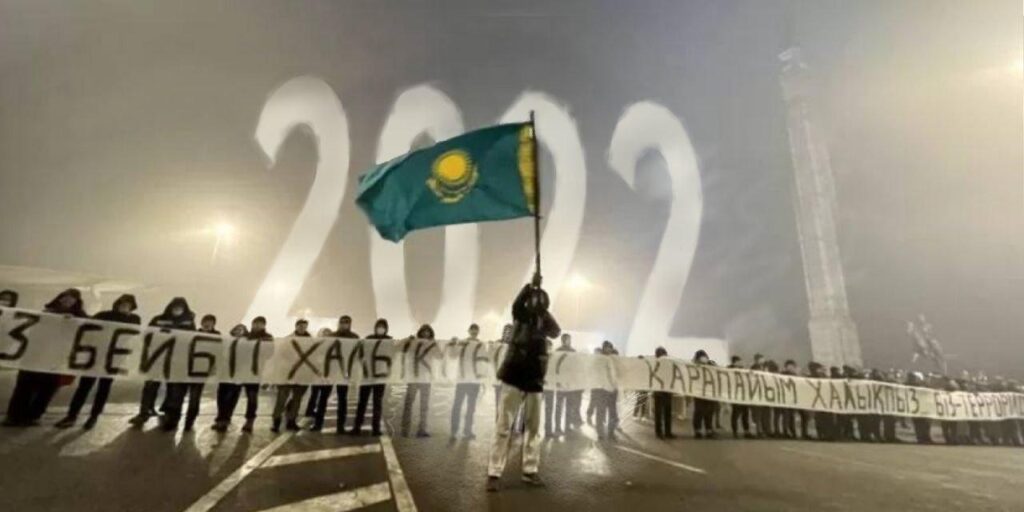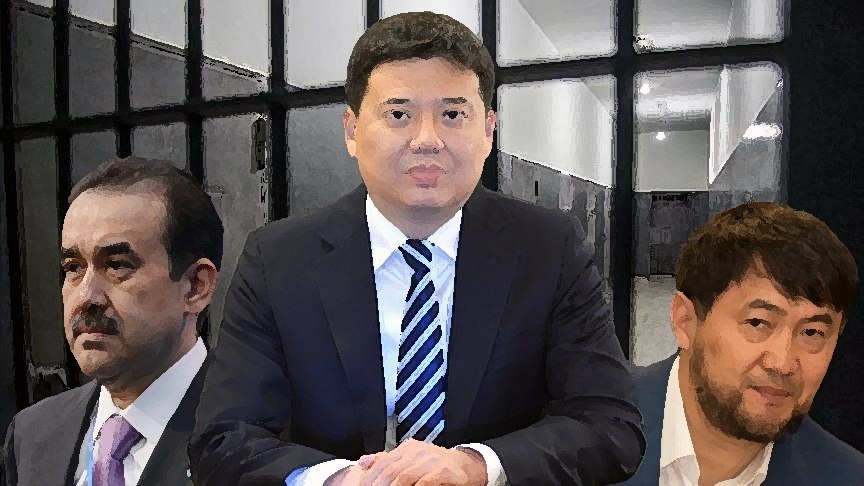Kazakhstan will report to the United Nations (UN) Committee against Torture on measures taken after the events of bloody January (Qantar) 2022. This is according to the Deputy Chairwoman of the International Bureau for Human Rights, Roza Akylbekova, who added that information on urgent recommendations, which primarily concern Qantar, should be provided no later than May 12th, 2024
“This is information about what happened, how many people were affected, and, of course, about deaths in closed institutions and how Kazakhstan is investigating them,” Akylbekova said at a news conference at the office of the Kazakhstan International Bureau for Human Rights and the Rule of Law. In addition, according to the human rights activist, the Ministry of Defense of Kazakhstan will have to prepare information on the deaths of conscripts.
It has been 25 years since Kazakhstan joined the UN Convention against Torture, since which time the Coalition of NGOs of Kazakhstan against Torture and the National Preventive Mechanism for the Prevention of Torture have been established created. Furthermore, Kazakhstan added an article on torture to the criminal code and opened up a path for individual appeals regarding torture directly to the UN Committee. At the same time, however, torture remains a pressing problem in the country.
According to the Kazakhstan International Bureau for Human Rights and the Rule of Law, 200-250 people apply to the Coalition of NGOs against Torture every year. In 2022, 190 appeals were received in connection with the January events, and another 88 episodes that had no connection to the mass riots of that year. Since Qantar, the number of complaints has not fallen, with 283 appeals in 2023, during which year over 20 systemic recommendations were issued to Kazakhstan.
Earlier this year, the European Union (EU) funded a three-year project by Kazakhstani human rights defenders that aims to eradicate torture. As part of this project, the Kazakhstan NGO Coalition against Torture and the Prison Reform International (PRI) office will analyze individual cases of criminal prosecution for torture which do not reach trial. However, these cases are difficult to identify and prosecute.
“In Kazakhstan such crime as torture is adjacent to other articles of the Criminal Code: in addition to ‘torture,’ the concepts of ‘ill-treatment’ and ‘abuse of power’ are used. Therefore, the official statistics on those prosecuted for ‘torture’ (Article 146) do not give an understanding of how many cases are actually hidden behind the lighter articles. At the same time, Article 146 itself has been divided into two parts: ‘torture,’ which will be investigated by the prosecutor’s office, and ‘cruel and inhuman treatment,’ which is left to the Interior Ministry, whose employees are most often the beneficiaries of torture,” the press service of the Kazakhstan International Bureau for Human Rights and Rule of Law reported.
The UN Committee against Torture was established in January 1987. It consists of 10 independent experts, who currently represent the United States, Turkey, China, Japan, Russia, France, Morocco, Moldova, Latvia, and Mexico. They monitor the implementation of the Convention against Torture and Other Cruel, Inhuman or Degrading Treatment or Punishment by state parties. The document was signed in February 1985 in New York, and came into force two years later, on June 26th, 1987. All those who have acceded to the Convention must report regularly to the Committee on the fulfillment of their obligations.









